Buying property in dubai as a foreigner
Attractive prices, zero income tax, and steady rental demand — this is the everyday reality of Dubai’s property market, not a miracle.

20.06.2025

15 minutes

September 15, 2025
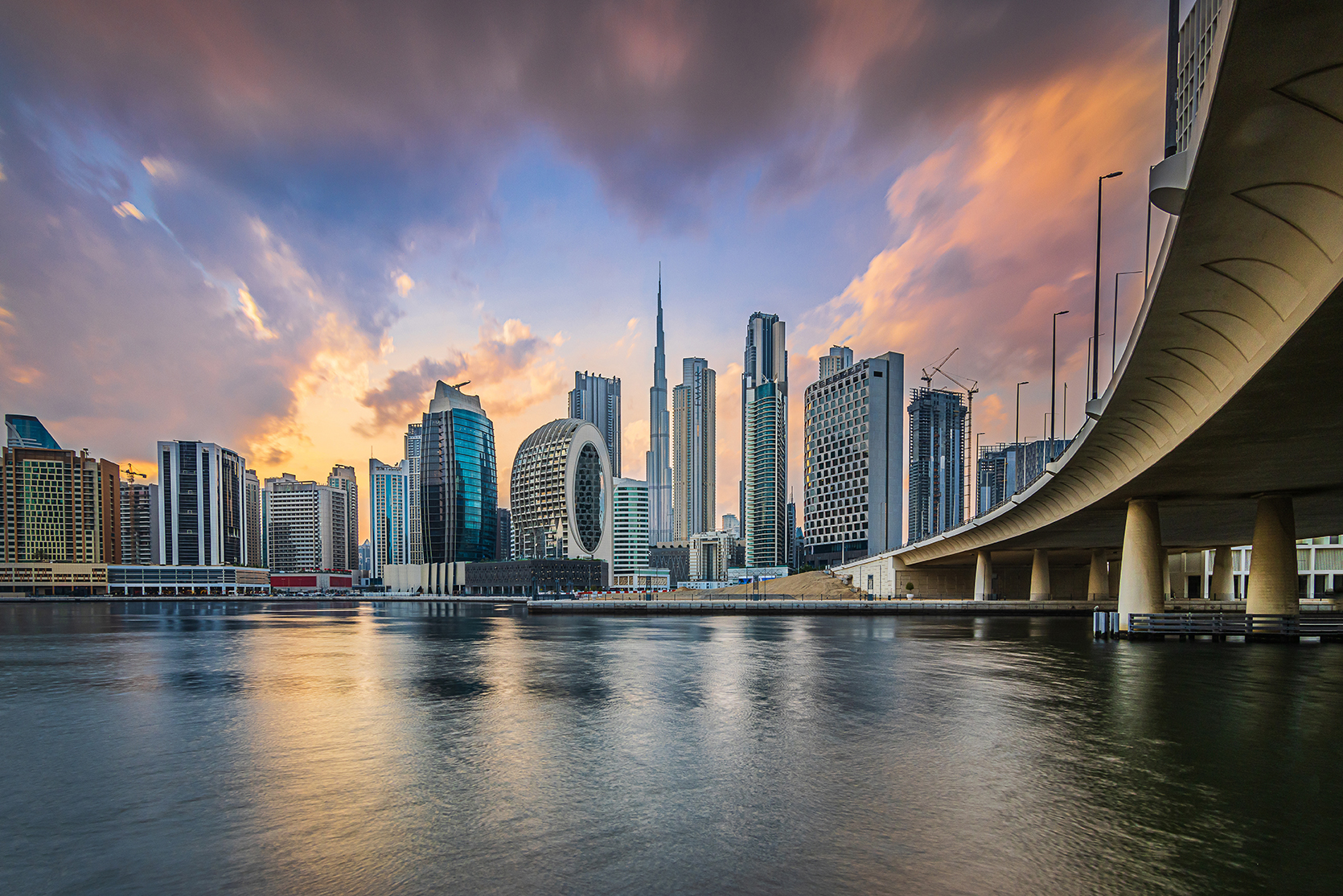
For many foreigners the market looks complicated, packed with legal subtleties and hidden nuances. In this step‑by‑step guide we will put everything neatly in order.
Can a Foreigner Buy Property in Dubai?
Yes. Foreign citizens have full rights to buy both residential and commercial property in Dubai.
The emirate fosters a welcoming environment for overseas investors: the purchase process is transparent, and owner’s rights are protected at the legislative level.
What laws regulate property purchases?
Law No. 7 of 2006 “On the Registration of Real‑Estate Ownership in the Emirate of Dubai” sets out the right of foreign citizens to acquire real estate. They may:
- Purchase property in designated areas;
- Obtain full ownership (freehold) or enter into long‑term leases of up to 99 years (leasehold).
In which districts can foreigners buy property?
Dubai offers two ownership formats:
- Freehold. Full ownership of both the unit and the land beneath it. Deals are allowed only in specially approved zones, which include most of the city’s popular districts. Foreigners cannot currently buy property in areas such as Al Qusais, Al Mizhar, Muhaisnah (certain plots), Nad Al Sheba (partly) and a few others. The list of permitted and restricted districts is revised from time to time, so check the exact plot’s status with the Dubai Land Department (DLD) before purchasing.
- Leasehold. Long‑term lease for up to 99 years. Such rights can be inherited or sold. Although less popular, the format is fully legal and available to foreigners.
Purchase requirements for foreigners
To become a property owner in Dubai you need to:
- Present a valid passport.
- Sign a sale‑purchase agreement with the developer or private seller.
- Pay a deposit (usually 5–10%).
- Register the deal with the Dubai Land Department (DLD).
- Pay registration fees and charges (about 4% of the property price).
Benefits of Buying Property in Dubai
Buying an apartment in Dubai is not only prestigious but also a smart financial decision. Here is why.
Investment security
Dubai’s transparent legal system protects owners’ rights. All transactions are registered with the Dubai Land Department (DLD), and electronic registration via the Ejari system reduces fraud risk to zero.
The system prevents document forgery or “post‑factum” contract changes and lets you verify that the landlord is the real owner, not a scammer.
Zero tax burden
Dubai levies no personal income or property taxes. You pay nothing on rental income, property ownership, or its future sale. This is crucial for investors counting on long‑term returns.
Attractive rental yields
Rental demand in Dubai remains high, especially in tourist and business districts. Annual yields can range from 6% to 10%, often beating bank deposits and stock investments.
Pathway to residency
Buying property worth at least AED 750,000 (about USD 204,000) entitles you to a residence visa valid for up to 3 years. Investments from AED 2 million qualify for a 10‑year “Golden Visa”, giving you the right to live, do business, work, and educate your children in the UAE.
World‑class infrastructure and lifestyle
Dubai offers modern residential complexes, 24/7 security, schools, clinics, malls, and global‑standard transport. It is comfortable for living, renting out, and holiday stays. Service quality and the urban environment meet the expectations of the most demanding property owners.
What Property Types Are Available to Foreigners?

Apartments in Dubai are modern units in gated residential complexes offering security, swimming pools, gyms and parking. Studios, one‑bedroom, two‑bedroom apartments and penthouses are available.
Buying an apartment in Dubai means investing in a highly liquid asset with rental returns of about 8–10% per annum.

If privacy matters to you, a villa in Dubai with its own plot, garden and pool is the best choice.
Townhouses are multi‑family homes with separate entrances, often located in gated communities with controlled access.
Villas and townhouses in Dubai are frequently chosen by families with children as well as those planning to relocate to the UAE for permanent residence.
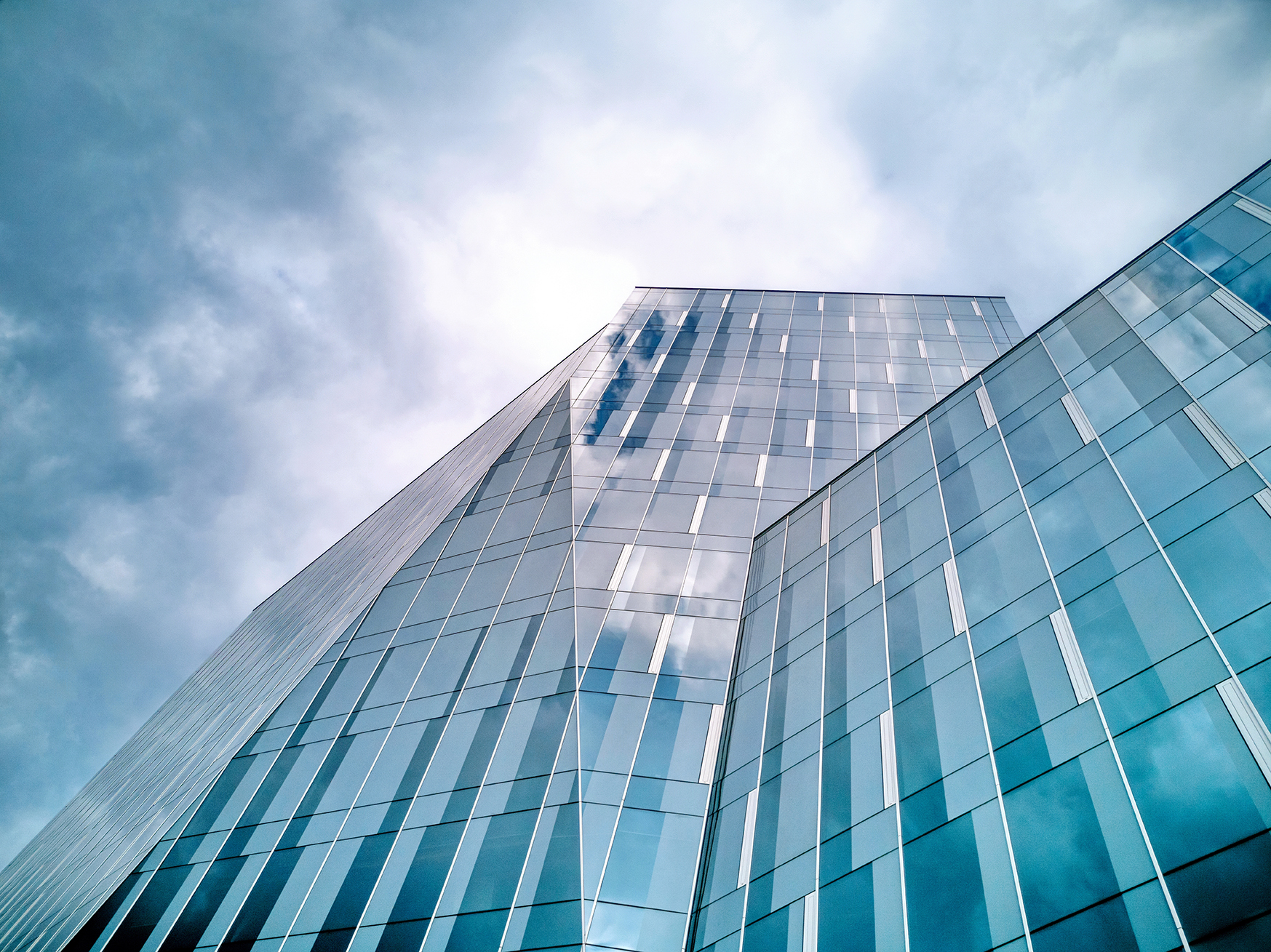
Foreigners can purchase offices, retail space, warehouses and other commercial units in freehold zones.
This is an option for those who want to start a business in Dubai or receive stable rental income.
Popular locations include Jumeirah Lake Towers (JLT), Business Bay and Dubai Silicon Oasis.
Commercial real estate in Dubai provides yields no lower than residential property and is often registered to a company.

Prices for such units are below market level, flexible payment plans are available (sometimes up to 5 years), and the choice of apartments is the widest possible.
Moreover, the unit can be resold before completion, locking in profit.
Developers in Dubai operate under the supervision of RERA — the Real Estate Regulatory Authority.
This division of the Dubai Land Department (DLD) regulates the property market:
- It reviews project documentation and the developer’s financial stability.
- It monitors construction timelines and quality.
- It ensures transparency between sellers and buyers.
When you buy a property under construction, the funds do not go directly to the developer. They are deposited into an escrow account opened for that specific project. This account is managed by a licensed bank under RERA’s control.
Escrow account funds:
- are released in stages — only after the completion of each construction phase;
- cannot be used for other projects or the developer’s own needs;
- are returned to the investor if the project is frozen or the developer breaches the terms.
This reduces the risk of unfinished construction and protects your capital.
Step‑by‑Step Guide to Buying Property in Dubai
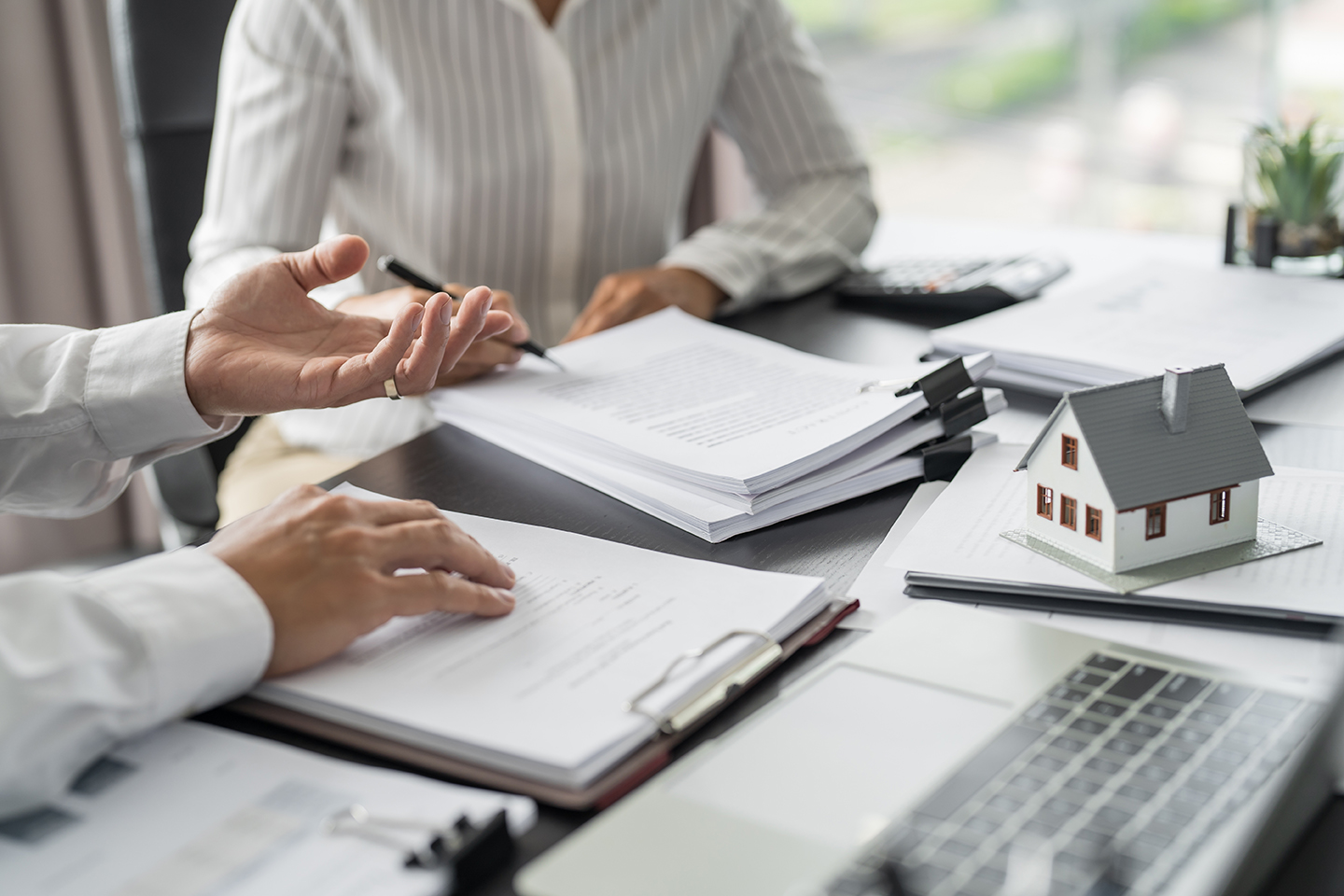
Decide on Your Goal (home / investment / visa)
Your goal shapes everything: location, property type, budget, ownership form, even the paperwork required.
1. If you are buying to live in Dubai
Look for a convenient district with established infrastructure such as schools, metro, parks, supermarkets and hospitals. Key points to consider:
- Proximity to your workplace or business (for example, Business Bay or Dubai Hills Estate);
- A calm family environment – gated villa and townhouse communities are ideal;
- Service charges – higher in premium developments than in mid-market. These mandatory annual fees cover the maintenance of common areas and facilities.
Pro tip: Don’t focus only on the “most beautiful” complex. Check who manages the building and read real residents’ reviews first.
2. If you are buying as an investment
Your aim is maximum rental yield or capital gain on resale. Select:
- districts with span tourist and business traffic – Dubai Marina, JLT, Downtown, Palm Jumeirah;
- studios and one-bedroom apartments – they rent and resell quickest;
- reputable developers with a solid track record.
Pro tip: Compare ROI by district. Rental yields in Dubai can reach 8–10% annually. Buying off-plan at launch can also increase your capital by completion.
3. If you are buying for a residence visa
An investment of at least AED 750,000 (~USD 204,000) makes you eligible for a resident visa. Purchasing property valued at AED 2 million (~USD 545,000) grants a 10-year Golden Visa.
Important points:
- The property must be fully paid (or at least 50% if mortgaged);
- Property bought on a developer installment plan does not qualify for a visa until fully paid;
- Only freehold property gives full ownership rights and the ability to apply for residency.
Lifehack: The visa can cover not only the owner but also immediate family members — handy if you plan to relocate.
Choose a District
Dubai has no “bad” neighbourhoods — only different goals and budgets.The most popular districts are:
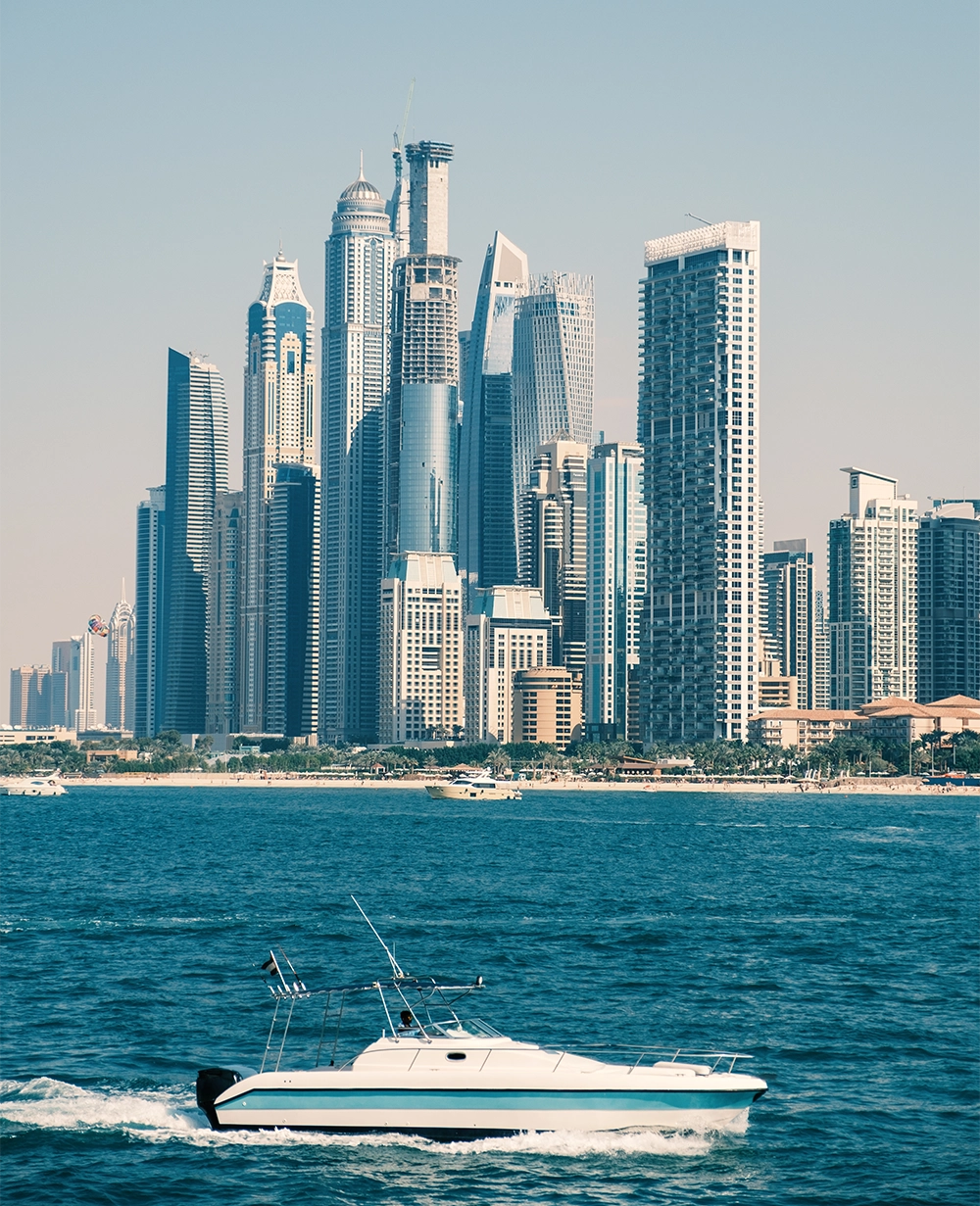
A modern waterfront area lined with skyscrapers. It is popular with expats and tourists.
Property type: 1–3‑bedroom apartments and penthouses.
- Prices: from AED 1.2M for a one‑bedroom.
- Yield: 6–8% annually from rent, especially short‑term lets.
- Infrastructure: metro, tram, beach, cafés, supermarkets.
Suitable for investment, rentals and temporary stays. Traffic is heavy, especially during the tourist season.
Pro tip: Apartments with canal or marina views rent for more — choose a floor above the 10th.
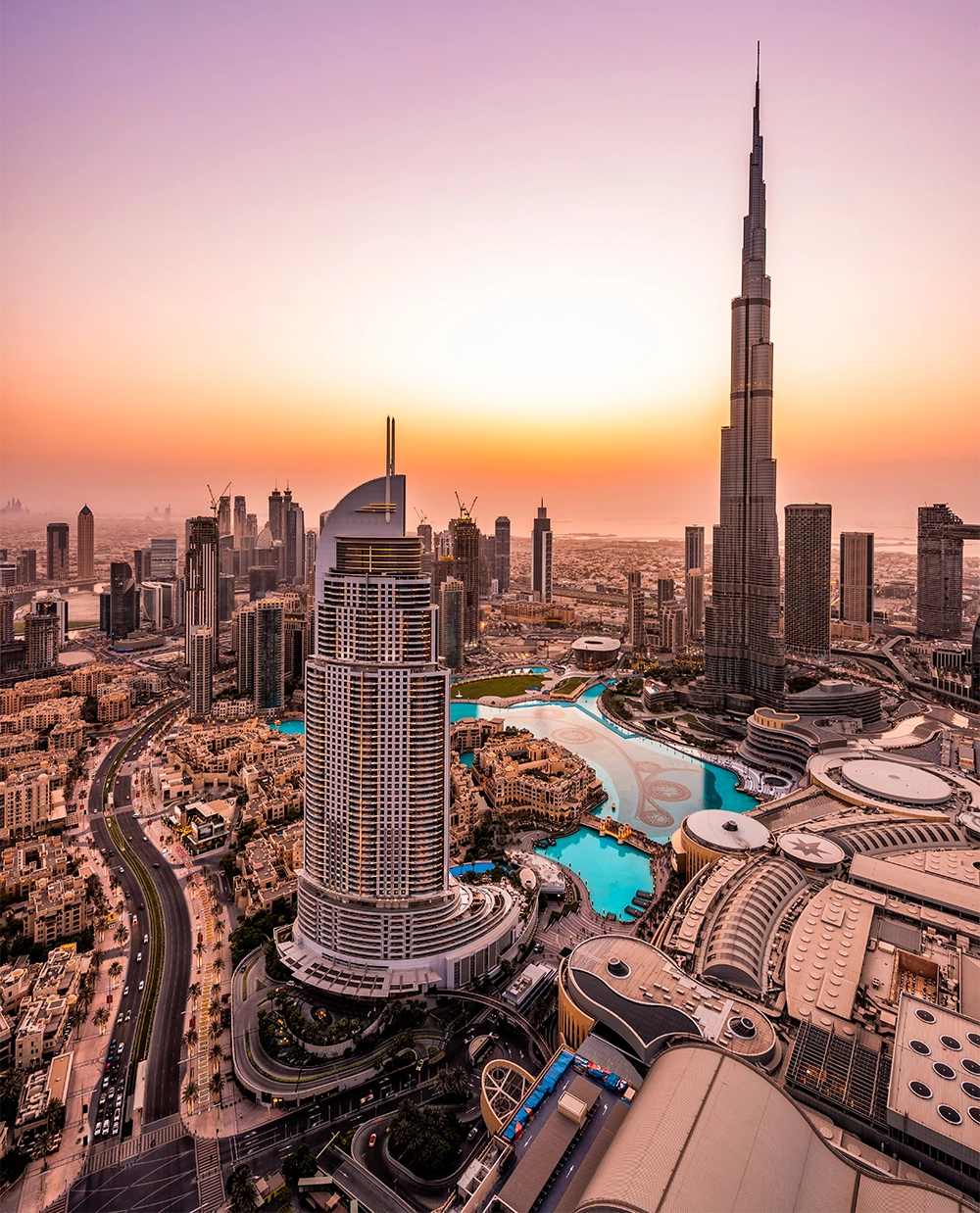
The city’s premium core with the Burj Khalifa and Dubai Mall.
Property type: premium apartments and branded residences.
- Prices: from AED 2M for a one‑bedroom.
- Yield: 5–6% per year, high liquidity.
Pros: Prestige, proximity to offices, excellent infrastructure.
Cons: High entry and maintenance costs, noisier environment.
Ideal for living and for investing in a blue‑chip asset.
Choose a building with direct access to Dubai Mall — that is the key to maximising rental rates.
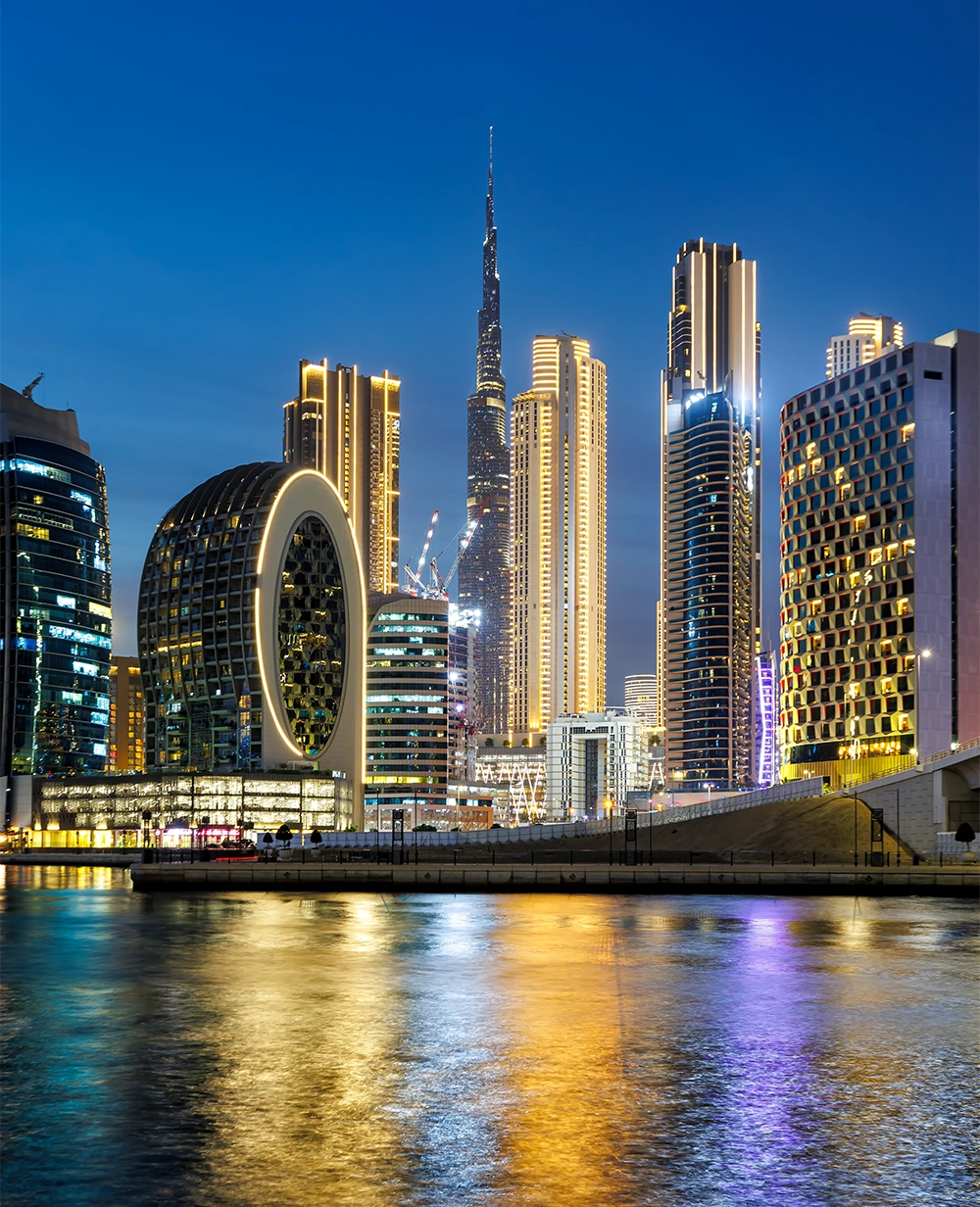
A business hub next to Downtown that rents well and is rapidly appreciating.
Property type: apartments and mixed‑use buildings.
- Prices: from AED 1M for a studio, AED 1.4M for a one‑bedroom.
- Yield: 6–8% annually on a growing market.
Pros: Close to the centre, maturing infrastructure.
Cons: Parts of the district are still under construction.
Great for investors, young professionals and freelancers.
Pro tip: Focus on towers along the Dubai Water Canal — the views are better and rents higher.
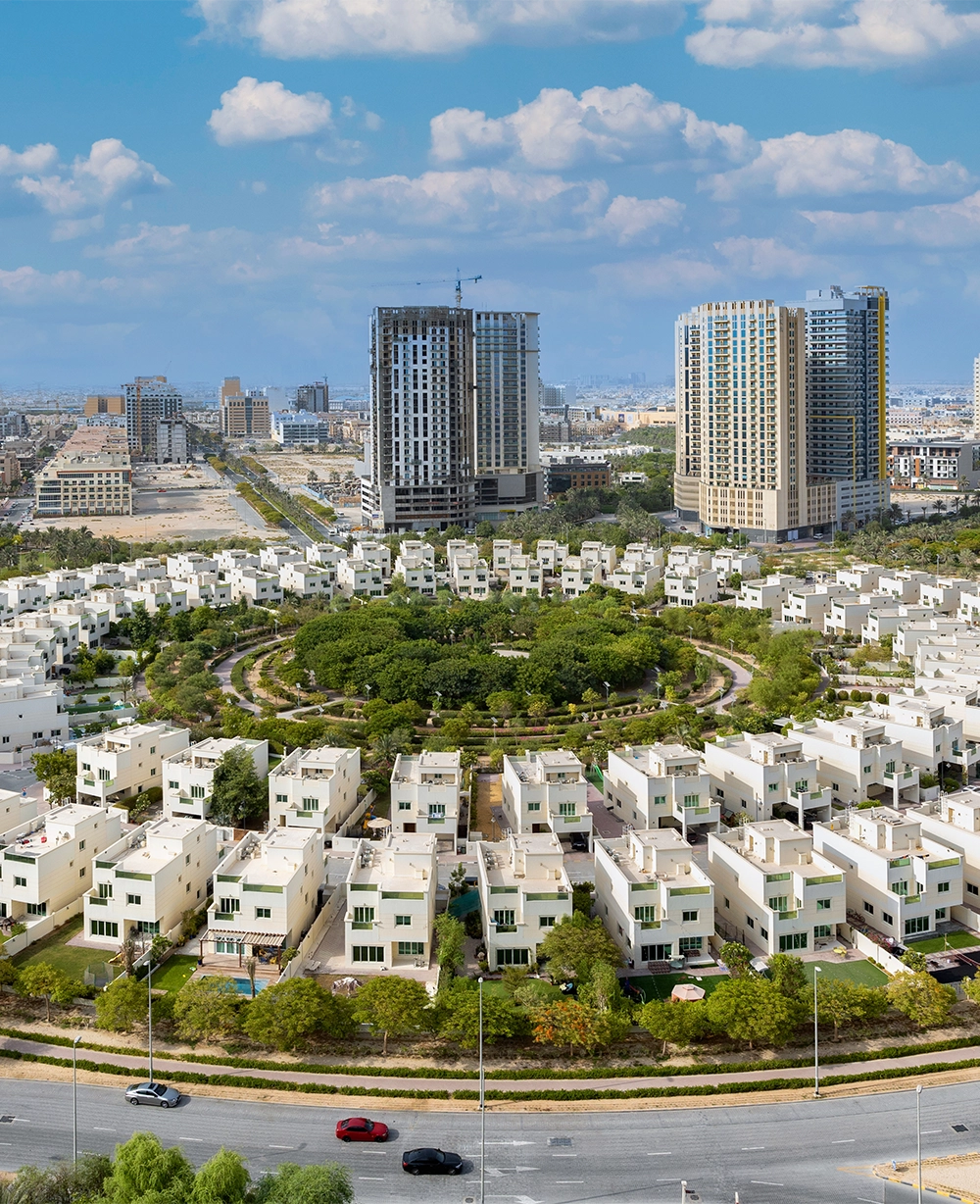
A budget‑friendly district with active development, hugely popular with tenants.
Property type: affordable apartments and townhouses.
- Prices: from AED 550,000 for a studio, from AED 900,000 for a one‑bedroom.
- Yield: 7–9% annually, especially for studios.
Pros: Low entry threshold, strong rental demand.
Cons: Far from the metro, some construction ongoing.
Suitable for first‑time investors and families with children.
Pro tip: Choose projects by major developers — demand is stronger and resale easier.
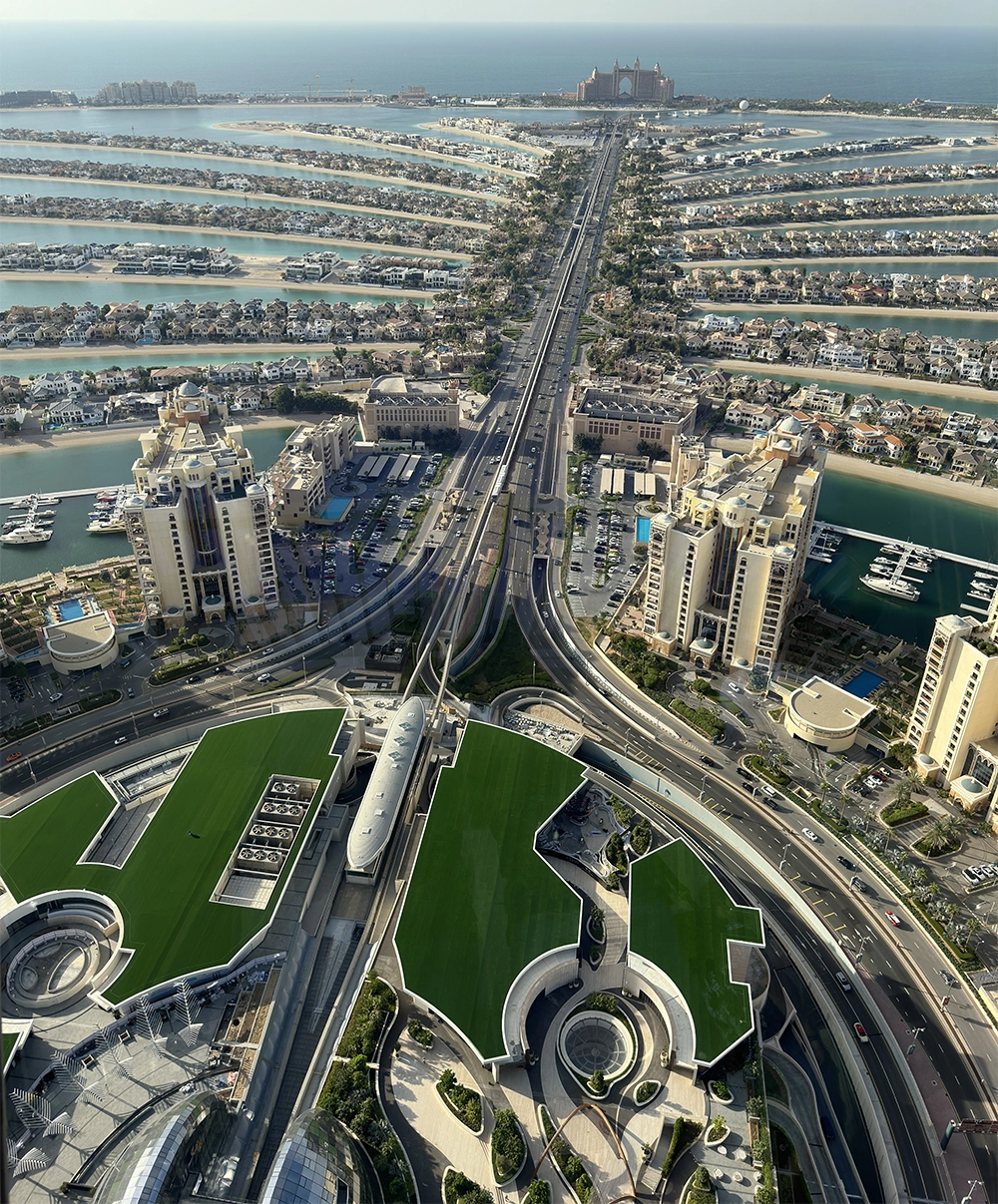
An iconic man‑made island surrounded by water, the symbol of Dubai.
Property type: villas, apartments in premium complexes and hotel residences.
- Prices: from AED 2M for a one‑bedroom, from AED 15M for a villa.
- Yield: 5–7% per annum, consistently strong rental demand.
Pros: Direct sea access, security, concierge service, and developed infrastructure.
Cons: High operating expenses (service charge).
Ideal for premium‑segment investors or for personal seaside living.
Eligible for the Golden Visa — properties priced from AED 2 million and above.
Find a Trusted Agent
Work only with licensed professionals. It protects your money and saves time.
Thousands of agents operate in Dubai, but not all of them work in your best interest. Unlicensed “freelancers” often bear no responsibility. This can expose you to financial loss or legal trouble.
-
Verify the license in the RERA system (Dubai Land Department)
Every agent must hold a broker license issued by RERA (Real Estate Regulatory Agency). Check it on https://dubailand.gov.ae → “Real Estate Brokers” → enter the agent’s name or ID number. -
Research their reputation
Read reviews on Google, Property Finder, Bayut, and social media. See how long the company has been on the market and what projects it handles. Genuine agents don’t promise "golden mountains"; they speak honestly about strengths and risks. -
Choose those who work officially
The agent should be employed by a registered brokerage company. Ask whether they sign an official brokerage agreement and issue booking receipts.

- Full legal supervision of the transaction.
- International tax advisory.
- Financing and insurance arrangements.
- Assistance with obtaining visas, setting up a company, and relocating your family.
- Investment and inheritance planning.
We operate officially under a RERA licence, selecting only vetted properties from trustworthy developers. We act solely in the client’s interests — honestly, transparently, and without upselling.
With us, you will never be left one‑on‑one with Arab legislation or the local legal system — we handle every detail for you.
Inspect the Property and Sign the Reservation Agreement
After you have chosen an apartment or villa, it is crucial to secure your intention to buy. This is done by signing a Reservation Form. The agreement guarantees that the property is taken off the market so no one else can purchase it.
A Reservation Form includes:
- the address and description of the property;
- the price and payment terms;
- the reservation period (usually 7–30 days);
- the deposit amount — typically 5% to 15%;
- the obligations of both parties.
Why is it important?
- Without a reservation, the developer can sell the property to another buyer even if you have made a verbal agreement.
- The Reservation Form is required to prepare the next stages of the transaction, especially when buying off-plan.
- It is an official document confirming the seriousness of your intentions.

Practical tips from an expert
- Read all terms before signing.
Including penalties for cancelling the deal. - Ensure the payment goes to the developer’s account or an escrow account.
Never transfer money to an agent’s personal card. - Keep a copy of the agreement and the payment receipt.
You will need them when signing the main contract. - At an early construction stage, request a payment schedule.
And clarify the completion date. Otherwise you may face unexpected payments, delays, and penalties. This is especially important if you are buying with a mortgage or planning to resell before handover.
Sign the Sale and Purchase Agreement (SPA)
This is the core legal document between you and the seller. It records every term of the deal and protects both parties.
What must the SPA include?
- Full description of the property: address, unit number, area, floor.
- Final price and payment schedule.
- Handover date.
- Termination conditions and penalties.
- Responsibilities of each party.
- Signatures of both the seller and the buyer.
When purchasing a property under construction, it must also specify the completion date, developer guarantees, and a reference to the project registered with RERA.
Make sure the SPA is registered with the DLD (Dubai Land Department). Only then does it carry legal force.
Why is this important?
- Without an SPA, the transaction is not legally complete.
- The document is required to obtain the Title Deed and a residence visa.
- In case of a dispute, the court or RERA will rely on the SPA.
Payment and Registration
Once the Sale and Purchase Agreement (SPA) is signed, the key stage begins — payment and registration of the deal with the Dubai Land Department (DLD).
If you are buying completed property (ready property):
- Normally 100% of the price is paid before ownership is transferred.
- Additional costs:
- 4% DLD registration fee
- Agency commission (around 2%)
- Administration fee (about AED 5,000)
Dubai Land Department (DLD) is the government body that registers transactions and monitors their legality.
If you are buying off-plan property:
- The payment is split into several stages (for example, 10% on signing, then according to the construction schedule).
- All instalments are transferred to an escrow account, not directly to the developer — this protects the buyer.
Oqood is the DLD’s online platform where all off-plan transactions are recorded. After registration you receive an electronic confirmation of ownership.
Why this matters:
- Only after registration with the DLD is the property legally yours.
- Without Oqood registration (for off-plan) you have no legal protection.
- Payment into an escrow account guarantees the developer receives money only after meeting the construction milestones.
Obtain the Title Deed (Ownership Certificate)
After you have paid and the deal is registered, you receive the Title Deed — the document that confirms your legal ownership in Dubai.
Without it you cannot sell, transfer, or rent out the property. The certificate is also required when applying for a UAE residence or Golden Visa.
How long does it take?
- Completed property: the Title Deed is normally issued within 1–2 working days after all payments are settled and the transaction is registered at the DLD.
- Off-plan property: the document is issued only after handover and full payment.
Documents you will need:
- Buyer’s passport
- Sale and Purchase Agreement (SPA)
- Proof of payment
- Registration papers from the DLD (including Oqood if you bought off-plan)
- Plot or unit number
Where to obtain the Title Deed:
- At any Dubai Land Department service center
- Online via the Dubai REST app or the DLD Smart Services portal
- Through your real-estate agent or an authorised representative acting under a power of attorney
Useful tips:
- Always double-check that the details in the Title Deed are correct — especially the owner’s name, property address, and unit size.
- Keep a digital copy of the Title Deed — it carries the same legal weight as the paper original.
- If you purchase through a mortgage, the bank will hold the original Title Deed until the loan is fully repaid.
What to Check Before Buying
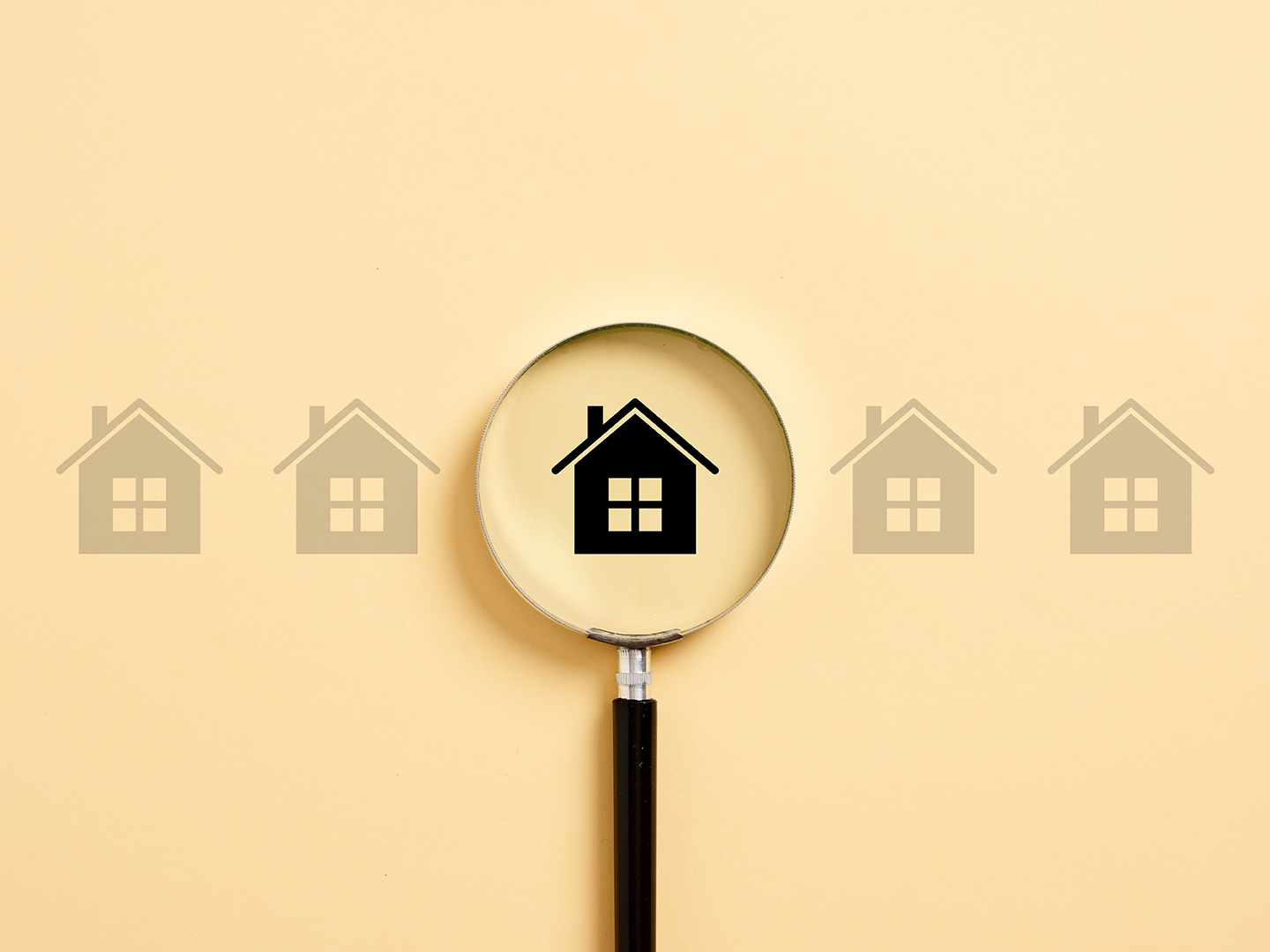
Legal Due Diligence
Before purchasing, make sure the property is free of legal issues. This protects you from disputes, previous-owner debts, and loss of investment.
What to verify:
-
DLD Registry Status
Any property in Dubai must be registered with the Dubai Land Department.
Check:- who the real owner is;
- whether they have the right to sell the property;
- whether any restrictions exist (seizure, mortgage, inheritance dispute, etc.).
Where to check: DLD website, Dubai REST app, or via your agent or lawyer.
-
Title Deed or Oqood
- If the property is completed — check the seller’s original Title Deed.
- If the property is under construction — check the Oqood certificate (pre-registration with the DLD).
- Does the owner’s name on the document match the person signing the deal?
- Are there any encumbrances or mortgages?
-
No Outstanding Debts
Check that there are:- no unpaid service charges;
- no outstanding utility bills (DEWA);
- no active court claims.
-
Legality of the Construction Project
If you are buying off-plan:- the project must be registered with RERA;
- the developer must hold a valid licence;
- all payments must go into an escrow account.
It is important: debts can be passed on to the new owner or even lead to refusal of registration.
Developer Reliability
The Dubai property market is dynamic, but not all developers are equally trustworthy. An unreliable developer can delay deadlines, deliver a project that deviates from the plan, or even freeze construction entirely. Recovering your money can be difficult and time-consuming.
What to check:
-
RERA licence
Ensure the developer is registered with the Real Estate Regulatory Agency (RERA). You can verify this on the Dubai Land Department (DLD) website. This is the minimum guarantee that the project is overseen by the government. -
Reputation and experience
Look at the projects the developer has already completed. Were they delivered on time? In what condition are the properties? Read buyer reviews and check whether there are any court disputes. -
Project escrow account
All payments from buyers must go into a dedicated escrow account, not the company’s operational account. This is a legal requirement. The escrow account guarantees that the money will be used only for constructing that specific project. -
Construction plan and progress
Request the project documentation, permits, and construction schedule. Compare these with the actual progress on-site. -
Developer ratings
Some portals (for example, Bayut, Property Finder) publish developer rankings. They are unofficial but provide insight into who is top-ranked and whom to avoid.
Rental Yield and Liquidity
Real estate in Dubai can generate a stable passive income — 6–10 % per year in hard currency. But only if you buy a property that is easy to rent out and resell. Choose the wrong district or property type and you will lose money.
What factors affect rental yield?
-
Location
City centre, transport links, sea view, walking distance to metro, beach, and schools — all of this raises demand and rent levels. -
Property type
The most sought-after formats for rent are one-bedroom apartments and studios. They are cheaper to maintain, pay back faster, and are easier to let. -
Property management
You need a manager who will market the unit, deal with tenants, control payments and maintenance. Otherwise — vacancies and losses. The best option is a contract with a proven management company.
What affects liquidity (resale potential)
-
Renowned developer
Units from EMAAR, DAMAC, Sobha, Ellington are easier to sell — their projects are in demand. -
Construction stage
Units under construction are cheaper but riskier. A completed unit can be rented or sold immediately. -
Condition and fit-out
Presentation matters in Dubai: modern finishes, appliances, furniture. A bare unit in an old building — liquidity drops. -
Documents
Make sure everything is in order: a Title Deed is issued and there are no outstanding service-charge debts. This speeds up the sale.
To make your purchase successful:
- Define your goal — home, investment, or visa.
- Study districts and property types.
- Work with a trusted developer or agency.
- Follow legal formalities and register the deal officially.
Dubai is one of the few cities in the world where real estate combines prestige, profitability, and full ownership rights for foreigners.




 We use Cookie
We use Cookie